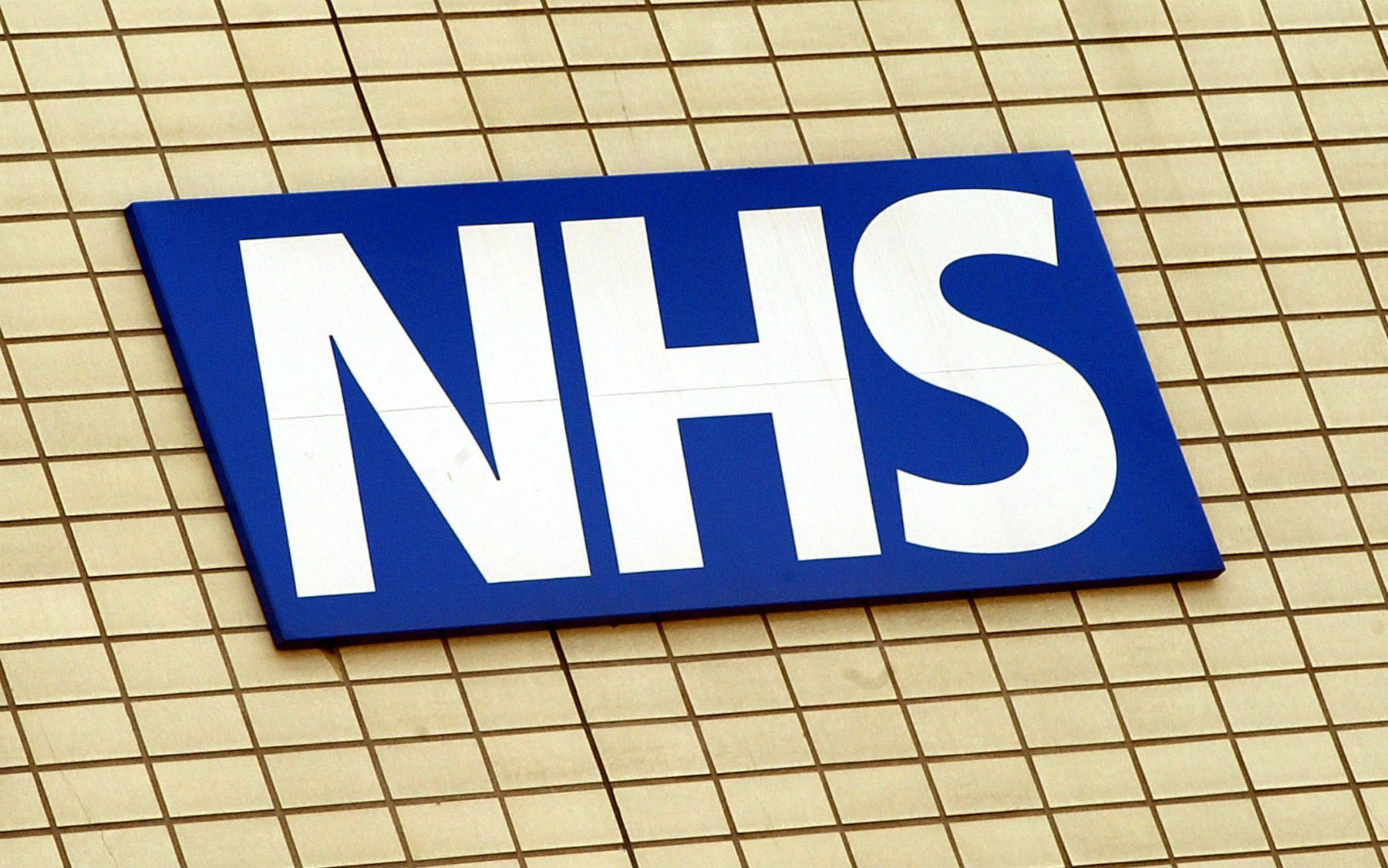High court set to rule on NHS decision not to fund HIV-preventing PrEP drugs

A High Court judge is set to rule on NHS England’s decision not to fund a drug that can prevent HIV.
Pre-Exposure Prophylaxis (PrEP) drug Truvada can reduce people’s chances of being infected with HIV by up to 99 percent, if taken daily.

Though the drug is endorsed by the World Health Organisation and is available to at-risk gay men in a number of countries, NHS England has repeatedly deferred a decision on the drugs – despite a pilot scheme showing that the drugs were incredibly effective at reducing HIV transmission among men who have sex with men (MSM).
In July, NHS England ruled out a large scale roll-out for PrEP, instead opting to fund a further two-year trial at “early implementer” sites – claiming that it does not have authority to commission the drugs.
However, sexual health groups say the decision puts men at risk, while London Councils accused the NHS of “playing a waiting game” – stringing out a decision until drug patents expire.
In the wake of the announcement last month, The National AIDS Trust (NAT) went to the High Court to challenge the legality of NHS England’s decision to remove PrEP from its commissioning process.
The filing questions why NHS England had consulted on making PrEP available in the first place, given it now retroactively claims it has no legal authority to do so.
BBC News reports that a ruling is expected imminently.
Deborah Gold – CEO of NAT – said trials in San Francisco showed PrEP had had significant effects on reducing the HIV rate.
Challenged on Radio 4’s Today programme about the argument surrounding sexual health and “personal individual responsibility”, Ms Gold claimed that “there are lots of reasons why everybody sometimes, with the best will in the world, isn’t consistently able to use a condom”.
“Those at very high risk of HIV – particularly gay men – actually use condoms more consistently than the general public, and they are very good at doing that,” she added.

